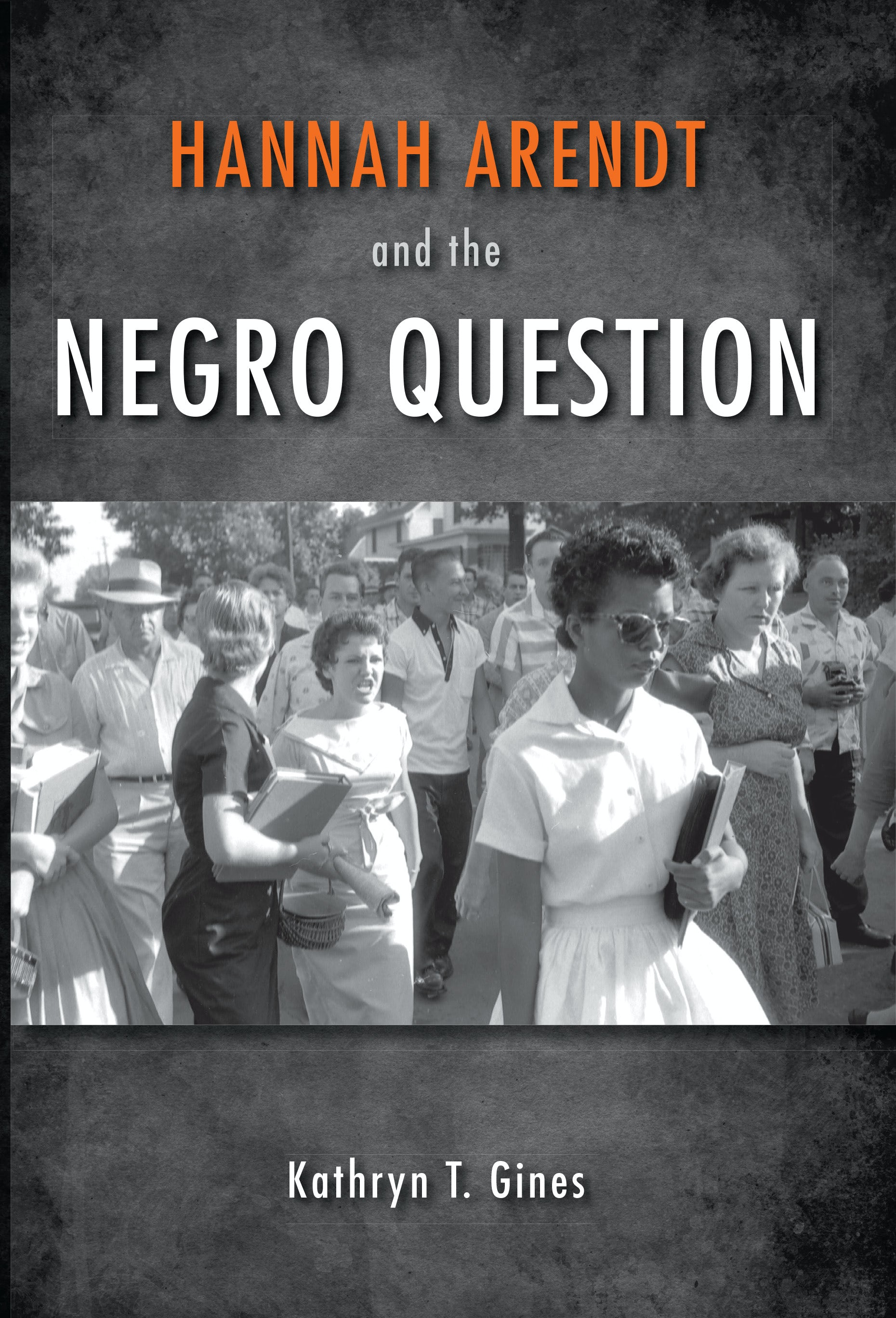The problem of anti-Black racism in its social, political, and even psychological manifestations and consequences is fundamentally a white problem. However, since Arendt does not adopt this framework, for her the problem in Little Rock has to do with the Black parents who put their children in harm’s way, not with the white parents and politicians exerting the harm (“Reflections on Little Rock”). The problem with integrating schools and neighborhoods is that Black students cause the schools to break down and that the very presence of Black families turns previously good—code for white—neighborhoods into slums (“Crisis in Education”). The problem with protesting on college campuses has to do with violent, irrational, and unqualified Black students, not with the systematic racism in higher education against which these students are protesting (On Violence). The problem with violence is not the original or constitutive violence of America’s founding fathers and Europe’s imperialists, but rather the anticolonial violence and resistance of the colonized in Africa (On Revolution, The Origins of Totalitarianism, On Violence).
— Hannah Arendt and the Negro Question by Kathryn Sophia Belle

